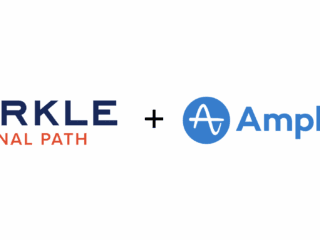Big news of the week is the ICANN decision to allow 400-800 new top level domains (TLDs), allowing cities to have their own, as well as all sorts of other minor options. This is going to create some big waves in the internet world, and it will be interesting to see how they plan on implementing this after all the domain camping that came with the first come first serve system.
This week we’ve also got ruby on rails tutorials, SEO for competition, and Facebook analytics.
Create
- We start the week with news from ICANN. Last week the board voted yes in favour of launching 400-800 new TLD’s. These will include names of cities, abstract nouns, and more. Rumor has it that theyre going to use an auction mechanism for selling domains.
- On a more technical note, Smashing Mag has a guide to starting your own rails engine gem using EngineX. Pretty simple, ultimately, and I think even a novice such as myself could set this up.
Attract
- Kevin over at Social Media Today is calling on social media people to quit obsessing over numbers. Specifically, he talks about how overall subscriber numbers are ultimately meaningless, next to interaction.
- Michael Gray has an interesting post on SEO for your competition. No, he’s not talking about sabotage, but using the competitions keywords – sometimes even branded ones – to rank beside them and “steal” traffic.
Analyze
- L3 Analytics has a list of five characteristics they think that all analysts should have. Of course, some of them are odd, like “craft” which seems a strange and undefined mixture of skills.
- Search Engine Land has a post on how to read and use Facebook Analytics, which is kind of useful for both people familiar with other analytics suites and those without an analytics background. They cover a lot of useful things, like how to interpret post views properly (since, you know, a page update wont always appear in a fans news feed), or how to interpret visibilty.
Optimize
- Get Elastic has an introduction to personas, how to construct them and why they are important for understanding your users/visitors.
- UX Matters has a post on reliability and dependability in usability testing, including how to understand and interpret both.












